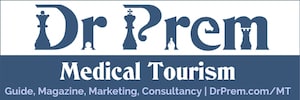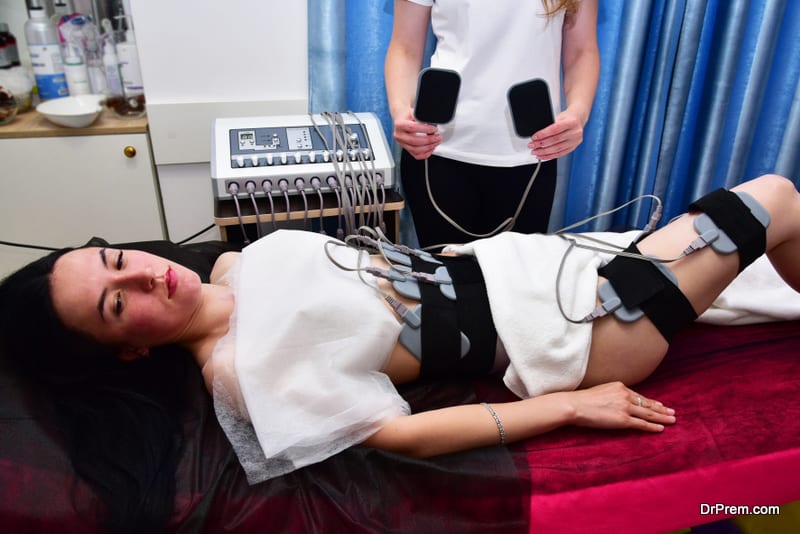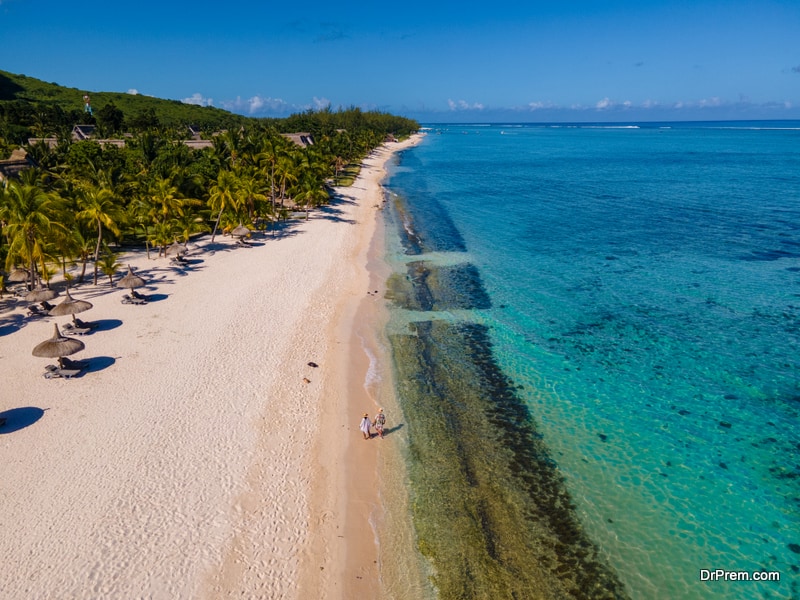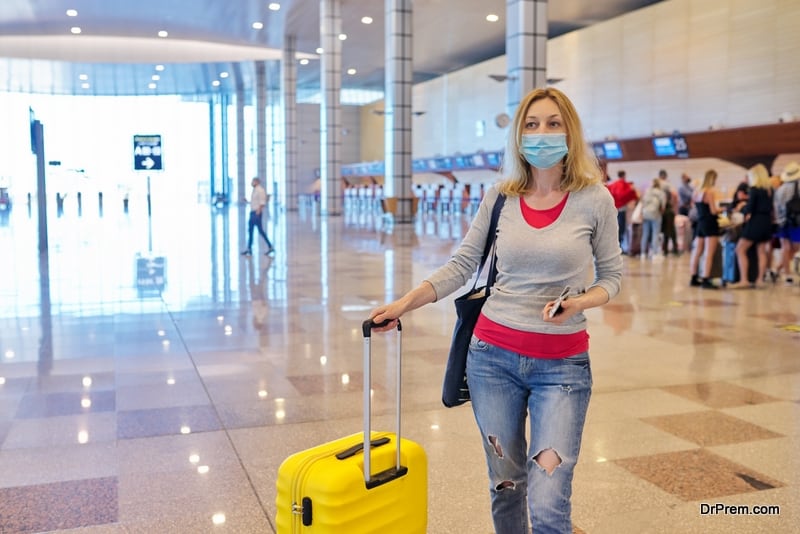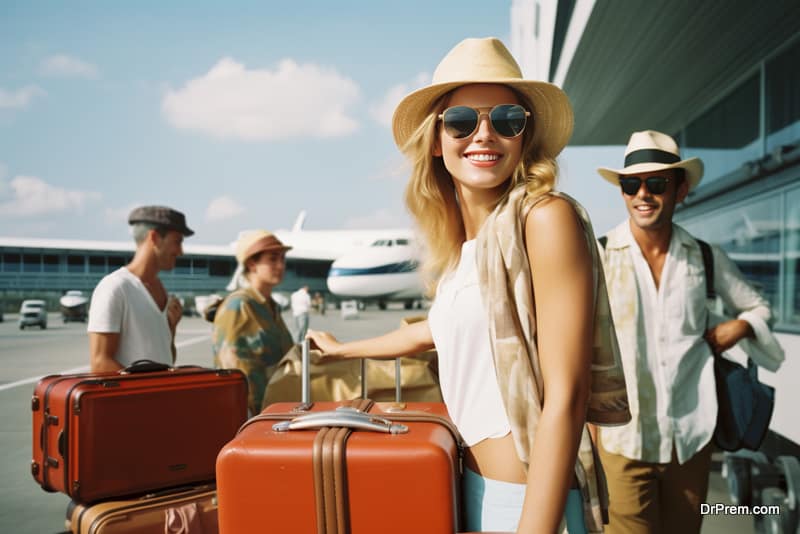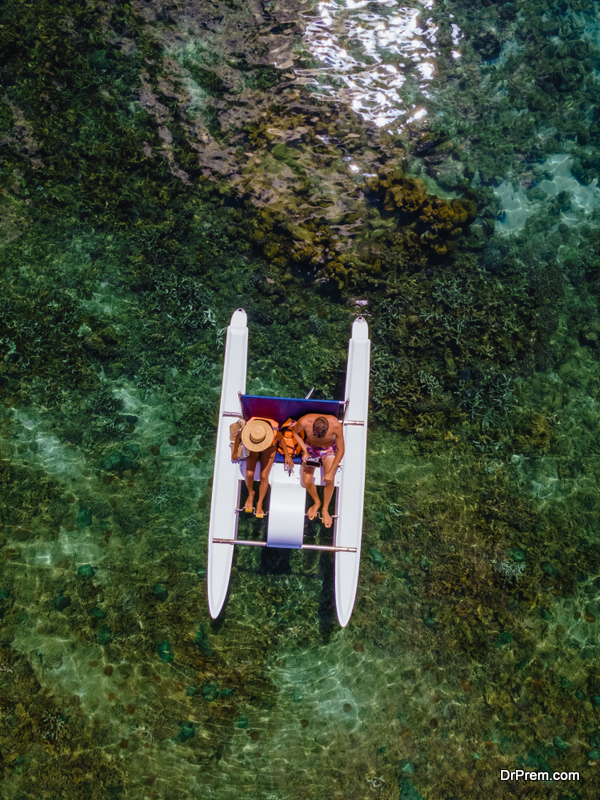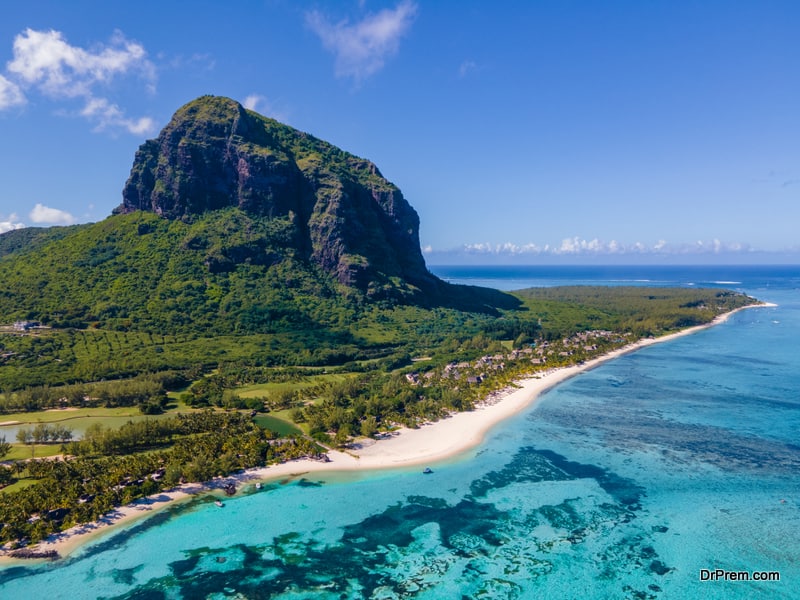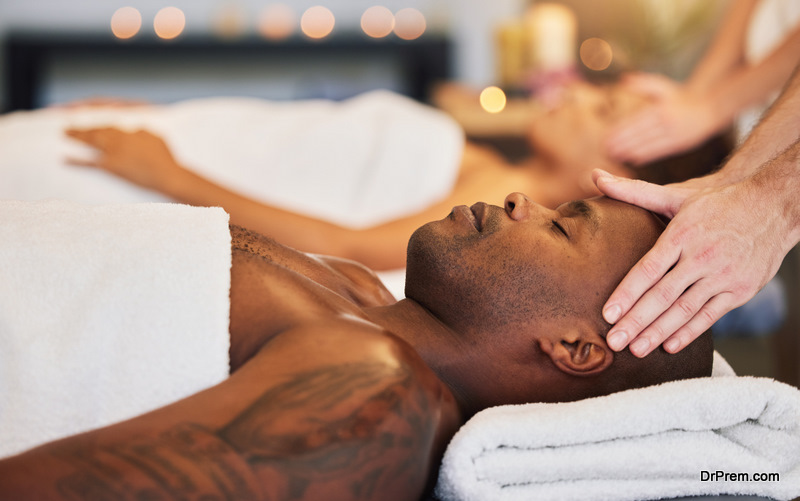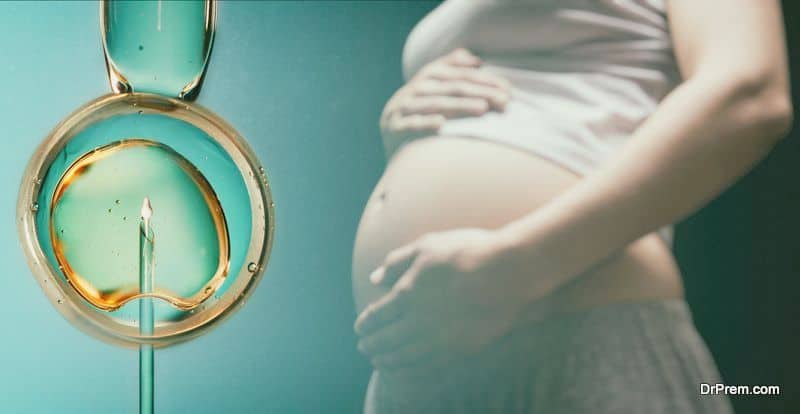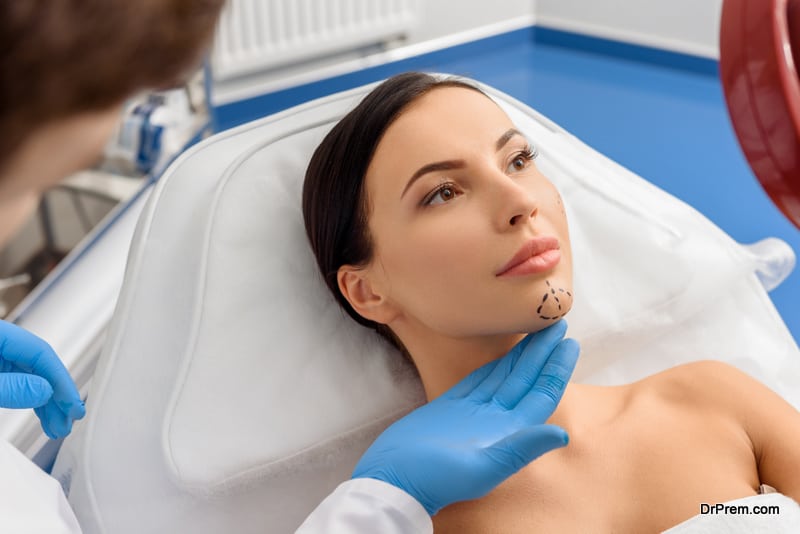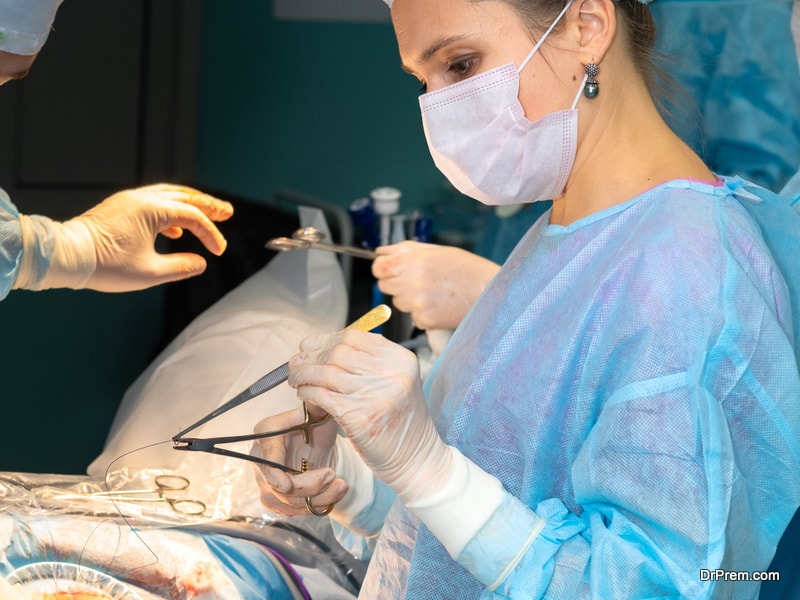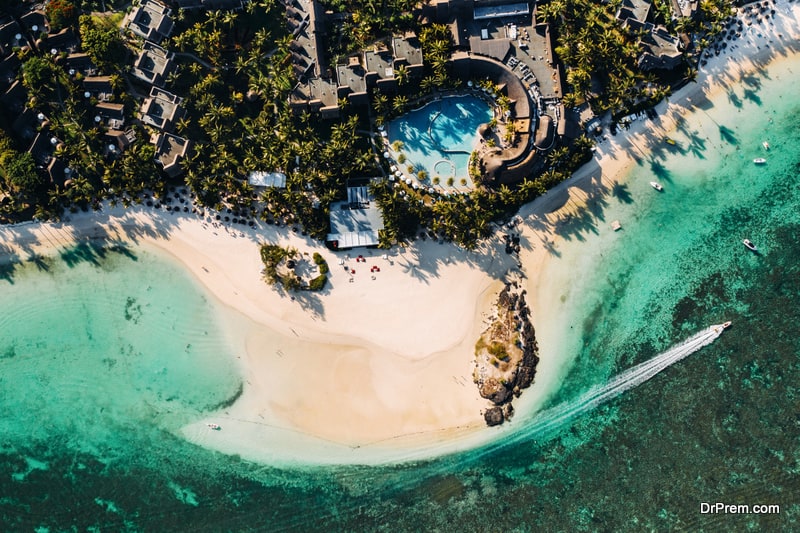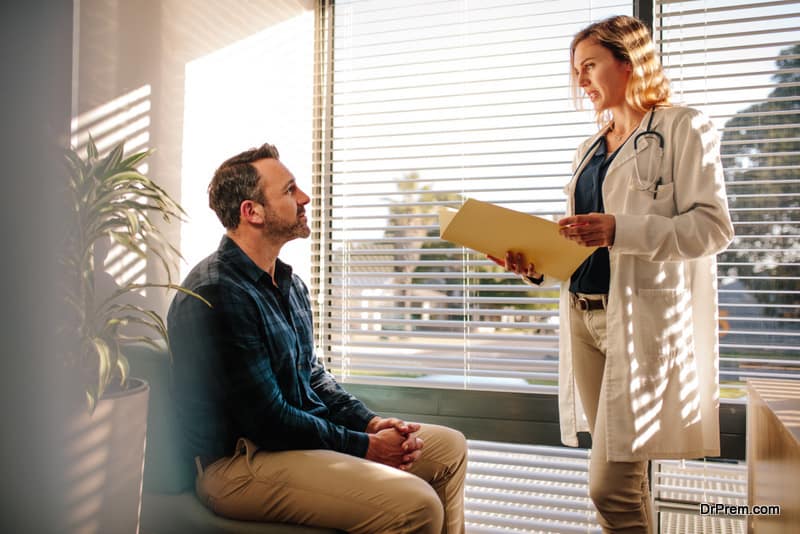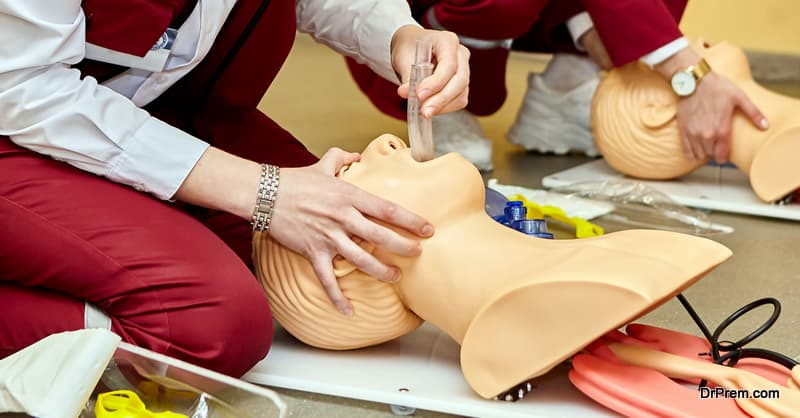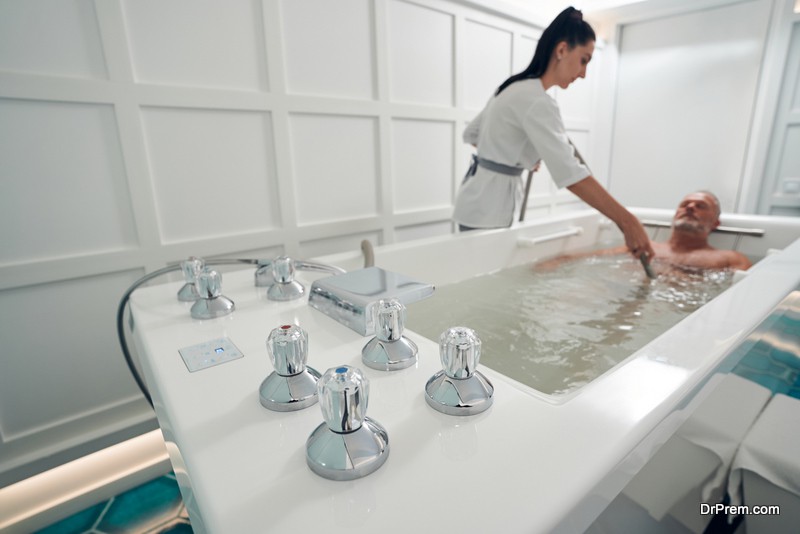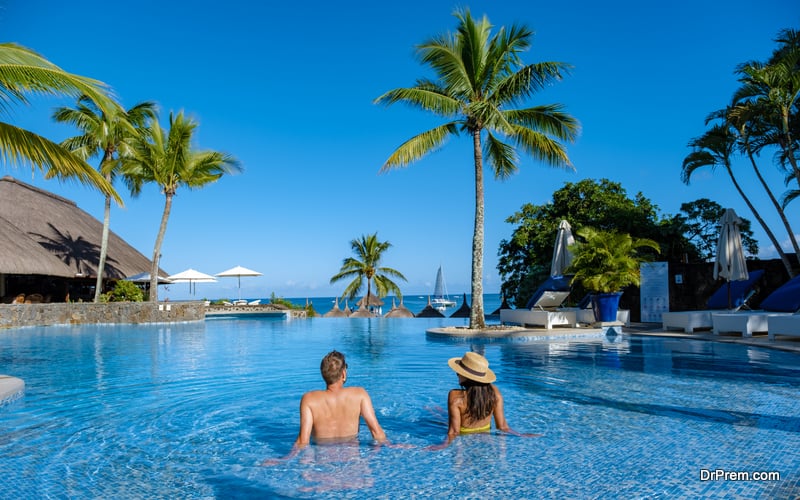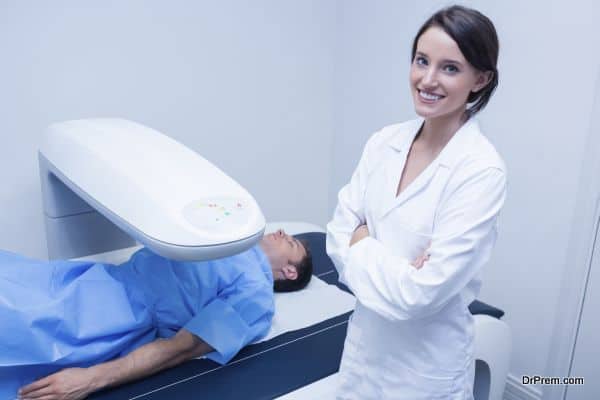Mauritius, a jewel in the Indian Ocean, has been long known as the honeymooners’ paradise. This tiny island nation is gearing up for incredible surprises! Medical tourism in Mauritius is not just feasible. It is on the rise.
With stunning beaches, rich biodiversity, and a unique cultural tapestry, Mauritius contributes a staggering 20% of its GDP to tourism, as of 2019 data. There have been remarkable advancements in healthcare services and facilities posing attraction to foreign patients. On top of it, the island is blessed with rich elements of wellness tourism.
Therefore, the question arises—How can this tiny but dynamic island nation redefine its tourism narrative to become the Indian Ocean’s premier hub for medical and wellness tourism?This guide aims to dissect the latent potential of Mauritius in these niche markets and how it is poised to excel in offering high-quality healthcare and wellness services to international visitors.
Exploring the Potential of Medical Tourism and Wellness Tourism in Mauritius – Facts, Trends, News, Services, Research, Business, and Updates by Dr Prem
-
General Information about Mauritius
-
Understanding the Tourism Market of Mauritius
-
Things to See and Do in Mauritius
-
Mauritius – The Emerging Epicenter for Medical and Wellness Tourism in the Indian Ocean
-
Healthcare in Mauritius
-
Emerging Medical Tourism in Mauritius
-
Potential of Mauritius as a Medical Wellness Tourism Destination
-
Bilateral Cooperation – A Win-Win Situation for Medical Tourism in Mauritius
-
Unveiling the Untapped Potential of Wellness Tourism in Mauritius – Its Opportunities and Challenges
-
Government Initiatives to Boost Medical and Wellness Tourism in Mauritius
General Information on Mauritius
| Attribute | Information |
| Population | Approximately 1.3 million (as of 2021) |
| Language Spoken | English (official), French, Mauritian Creole |
| Time Zone | Mauritius Standard Time (MST), UTC +4 |
| Dialing Code | +230 |
| Major Cities | Port Louis, Curepipe, Quatre Bornes, Vacoas |
| Internet Connection | Broadband, Wi-Fi available in urban areas |
| Currency | Mauritian Rupee (MUR) |
| Clothing | Tropical; light fabrics recommended |
Health Related
| Attribute | Information |
| Life Expectancy | 74.6 years for males, 80.5 years for females (as of 2021) |
| Mortality Rate | 9.7 per 1,000 population (as of 2022) |
| Number of Hospitals | Approximately 25 public hospitals, 5 private hospitals |
| JCI Accredited Hospitals | 0 |
| Most Common Diseases Suffered | Diabetes, Hypertension, Cardiovascular Diseases |
| Recommended Vaccinations | Hepatitis A, Hepatitis B, Typhoid, Yellow Fever (if coming from an endemic area) |
| Other Infections | Dengue Fever, Chikungunya, Risk of HIV |
Tourism Related
| Attribute | Information |
| Global Competitiveness Ranking | 52/ 141 (2019 data) |
| GDP Per Capita | Approximately $11,000 (as of 2021) |
| Safety Index | 62/ 100 |
| Tourism Infrastructure Ranking (out of) | 38/ 140 (2019 data) |
| Air Transport Infrastructure Ranking (out of) | 47/ 140 (2019 data) |
| Public Transport Infrastructure | Moderate, primarily buses and taxis |
| Cultural Infrastructure | Rich in museums, historical sites, cultural events |
| Ease of Visa Approvals | Generally high; Visa on arrival for many countries |
| Reliability of Police Services | Rated as fairly reliable |
| Physician Density | 2.1 per 1,000 population (2018 data) |
| Hospital Beds | 3.1 per 1,000 population (2018 data) |
| International Air Transport Network | Well-connected; Sir Seewoosagur Ramgoolam Airport |
| Quality of Roads | Good overall condition |
| Hotel Rooms | Over 13,000 (2019 data) |
| Tourism Openness | Highly open to tourism; relaxed entry requirements |
| Attitude of Population Towards Foreign Visitors | Generally welcoming and friendly |
Mauritius is an idyllic island nation situated in the Indian Ocean. Renowned for its crystal-clear turquoise waters, white sandy beaches, and coral reefs, the country offers a natural backdrop that’s second to none. Mauritius presents a blend of experiences that extend beyond its natural beauty.
It offers a rich tapestry of cultures, cuisines, and traditions, thanks to its diverse population comprising Indian, African, French, and Chinese influences. This cultural richness is evident in various festivals like Diwali and Chinese New Year, as well as in its culinary landscape that ranges from Creole stews to Indian curries and delicious Chinese dishes.
The island nation also excels in hospitality services, boasting a range of accommodation options from luxury resorts to budget-friendly hotels. Many of these establishments offer top-notch spa and wellness packages, foreshadowing the country’s potential as a wellness tourism destination.
In terms of infrastructure, Mauritius is well-equipped to handle international tourists. Sir Seewoosagur Ramgoolam International Airport serves as the major gateway and is well-connected to various international destinations. The country’s public transport system mainly comprises buses and taxis, and although it’s not as advanced as some more developed nations, it is generally sufficient for tourists to explore the island.
Safety is another strong suit for Mauritius. The country has a relatively low crime rate, and the police services are generally considered reliable. This is backed up by a safety index that ranks Mauritius fairly high compared to other nations, making it an attractive option for travelers.
Moreover, the Mauritian government has implemented tourism-friendly policies, including visa-on-arrival options for citizens of numerous countries. Such initiatives make the country highly accessible and contribute to its ‘tourism openness’ index.
In summary, Mauritius is a well-rounded tourism destination that excels in multiple areas. For further growth, the country has set its eyesonhigh-potential niches medical and wellness tourism.
Understanding the Tourism Market of Mauritius
Tourism in Mauritius is a significant pillar of the country’s economy. According to data from 2019, the country received 1 million tourists, translating to $2.02 billion in tourism receipts. The COVID-19 pandemic dealt a significant blow, causing this contribution to shrink to 4.6% in 2021. However, Mauritius has demonstrated a remarkable recovery.
A Bloomberg report dated July 27, 2023, indicates that tourism income has rebounded to levels higher than pre-Covid statistics, clocking in at 36 billion Mauritian Rupees. In terms of volume, tourist arrivals showcased a significant uptick. From 179,780 in the year 2021, the number escalated to nearly a million (997,290) in 2022. Specifically, in July 2023, arrivals rose by 14.6% year-on-year to 107,832—the highest for that month since 2019.
Prime Source Markets
The demographics of tourists have also shown an interesting shift. Visitor numbers from France and Germany surged by 60% and 36%, respectively, and arrivals from Russia almost doubled. This shift in visitor demographics could be attributed to various global factors such as geopolitical unrest and currency depreciation, which have made Mauritius a more competitive destination.
The prime source countries for tourists as of 2021 were France (30%), India (8%), Reunion (8%), Germany (8%), and South Africa (6%), with the rest of the world accounting for 40%. This represents a change from 2017 and 2018 when China and India were among the top source countries.
Geographically, Europe and Africa have been the main contributors to tourist arrivals. In 2019, 60.4% of tourists hailed from Europe, followed by 22.5% from Africa, primarily from Reunion Island, the Malagasy Republic, and Seychelles. Asia accounted for 13% of arrivals, mainly from India, China, and the Middle East.
Best Time to Visit
Mauritius can be considered as a year-round travel destination given its pleasant climate prevailing all throughout the year. However, seasonal trends indicate that the peak months for tourist arrivals are December, followed by November, October, January, February, and March.
Things to See and Do in Mauritius
In Mauritius, natural beauty is the cornerstone of its tourist attractions, with its immaculate beaches and rich biodiversity.
- Pereybere, Grand Baie, and Belle Mare are iconic beaches, perfect for sunbathing, snorkeling, and water sports.
- The Black River Gorges National Park offers a verdant escape, providing hiking trails that meander through lush forests and lead to panoramic viewpoints.
- Le Morne Brabant, a UNESCO World Heritage Site, is another must-visit locale; this mountain peninsula offers an extraordinary hiking experience coupled with significant historical importance.
- Ile d’Ambre and Ile aux Aigrettes are smaller islands off the coast that provide unique eco-tourism opportunities, allowing visitors to explore native flora and fauna.
- The country is home to a variety of religious landmarks such as the Grand Bassin, a sacred lake for Hindus, and the iconic Notre-Dame Auxiliatrice chapel in Cap Malheureux.
- The bustling capital city of Port Louis harbors various historical and modern attractions including the Citadel Fort, Central Market, and the Blue Penny Museum which houses rare stamps and maritime artifacts.
- Aapravasi Ghat, another UNESCO World Heritage site, provides a glimpse into the indentured labor system of the 19th century.
- Mauritius’ culinary diversity is mindboggling, which ranges from street food delicacies like Dholl Puri to fine dining options that fuse Creole, Indian, and French cuisines.
This is just a brief synopsis. In reality, Mauritius offers endless opportunities for things to see and do. All rests on the tourist’s disposition and their spending power!
Mauritius – The Emerging Epicenter for Medical and Wellness Tourism in the Indian Ocean
Mauritius enjoys certain advantages for its strategic location in the Indian Ocean region. It is easily accessible by tourists from Africa, Asia, and Europe, thereby facilitating the prospects of medical tourism. Its proximity to major markets like India and China allows for a diverse tourist demographic. The island is well-connected by air, though it needs to work further on increasing air traffic.
The island nation already boasts a robust tourism infrastructure, complete with high-quality hospital and wellness hospitality services, which can be effortlessly integrated to cater to diverse health and wellness needs. The country’s existing luxury wellness services in resorts stand as a strong pillar to support more specialized health-related offerings.
This tropical paradise is poised to be a dream destination for wellness seekers looking for curated wellness retreats amid serenity and natural beauty. The land’s multi-ethnic culture further enhances its wellness proposition with time-tested indigenous healing traditions integrated with elements of African, Indian, and Chinese traditional medicine. Mauritius’ location, medical, and wellness offerings supported by a decent infrastructure make it a high-potential destination for medical and wellness tourism.
Healthcare in Mauritius
In Mauritius, healthcare is considered a human right – a strong point for the emerging medical tourism in Mauritius. The government provides free healthcare services—spanning primary, secondary, and tertiary care—to all residents, elevating the country above many other nations.
The universal health insurance scheme, MediCure, extends coverage to all citizens and permanent residents. The public healthcare infrastructure includes a wide range of facilities, from major regional hospitals to specialized centers, supplemented by 19 private clinics and hospitals. Medical procedures in Mauritius cover a broad range from cosmetic surgery, fertility treatments, orthopedic procedures to complex transplantation surgeries and cancer treatments.
However, such a progressive approach is not without disparities. The burgeoning private sector with more advanced facilities and options accounts for 27% of healthcare spending and is among the most expensive in Africa. This growing bifurcation might create inequality in healthcare access beating the purpose of inclusivity in quality healthcare. Expensive private healthcare services might result in a higher cost of medical tourism in Mauritius compared to other destinations.
Notably, life expectancy in Mauritius stands at 74.2 years, significantly higher than the African average signaling successful health interventions.It has a high physician-patient ratio with 2.02 doctors per 1,000 inhabitants, above the WHO recommended number but lags behind EU numbers.
Nurses and midwives also exceed WHO recommendations showcasing the government’s commitment to quality and accessibility. It remains to be seen whether this model can be sustainably scaled to drive medical tourism growth.
Emerging Medical Tourism in Mauritius
Medical tourism in Mauritius shows a dual dynamism characterized by both inbound and outbound patient flows. According to some reports, Mauritius attracted between 12,500 and 15,000 foreign patients in 2018 where every patient spent MUR 15,000 on average.
Patients primarily come from Madagascar, Reunion, and France and seek specialty treatments like cosmetic surgery, imaging, cardiology, fertility treatments, and ENT. Cosmetic surgery continues to be one of the topmost revenue earners in the global medical tourism market. European countries including France and UK make up 20% of the inbound medical tourists while the remaining are from South Africa, India, the Middle East, and other countries.
At the same time, a substantial number of patients from Mauritius travel to other countries for treatment. Though there is no organized data available on outbound medical tourism in Mauritius, fragmented data suggests patients mainly travel to other countries seeking complex treatments that are either unavailable in Mauritius or expensive, or have long waiting times. Waiting times in public hospitals for surgery can be 60-180 days depending upon the severity and urgency of the case.
Notably, India is one of the beneficiaries of this outbound patient flow. This is because of the long cultural relationship that grew since the days of mass Indian labor migration to this island during the colonial period.
The liberalization of the economy has paved the way for reputable healthcare providers like Apollo Hospitals and Fortis Healthcare to establish a presence in this tiny island nation. Despite the advancements, healthcare in Mauritius may be lagging in specialized treatment facilities for advanced cancer care, robotic surgeries, and diabetes management.
Potential of Mauritius as a Medical Wellness Tourism Destination
The potential of medical and wellness tourism in Mauritius is further amplified by its well-established luxury resort infrastructure offering cutting-edge, minimally invasive aesthetic treatments. To a growing number of high-end luxury travelers, enhancing appearance in a great setting is integral to their wellness journey.
Mauritius can tap into this opportunity to position itself as a medical wellness destination by offering comprehensive packages of medical aesthetic procedures and innovative wellness programs. This fused with high-end hospitality can create exceptional medical wellness experiences for patients as well as wellness tourists.
Given the rising global demand for aesthetic medicine tourism and wellness services, this synergistic proposition could be a game-changer in Mauritius tourism. Not only luxury resorts, but healthcare facilities can also integrate result-oriented wellness practices into their treatment programs facilitating holistic healing.
Strategic tie-ups with resorts, wellness clinics, spas, and facilities can augment these propositions into fruitful treatment programs with more wellness weaved into medical practices. This unique positioning holds tremendous potential in expanding the consumer market beyond the European nations.
Bilateral Cooperation – A Win-Win Situation for Medical Tourism in Mauritius
Outbound medical tourism is highly resource-draining for any country. Countries are losing billions due to it. A glaring example is Africa which loses $1 Bn a year for medical tourism. Bilateral cooperation with destination countries for medical tourism can serve as a significant booster for Mauritius’ healthcare. Through such agreements, Mauritius can offer bundled medical wellness packages in collaboration with foreign healthcare providers, and benefit from knowledge exchange and technical know-how.
For instance, medical professionals could be trained in the latest treatments and technologies, thereby raising the quality of healthcare available in Mauritius. Similarly, Mauritius can offer its expertise in areas where it excels, like cosmetic and aesthetic treatments, to partner countries. This cross-border collaboration would not only build trust but also elevate Mauritius’s status as a reliable and advanced medical tourism destination, opening doors for further growth and investment in the sector.
There are many other sectors where bilateral medical tourism cooperation can work. For example, in building a robust telemedicine system, insurance tieups, establishing centers of excellence, virtual hospitals and consultations, traditional healing exchange programs, collaborative wellness retreats, and many more.
Unveiling the Untapped Potential of Wellness Tourism in Mauritius – Its Opportunities and Challenges
For long, Mauritius has been the go-to destination for honeymooners and families seeking exotic getaways. Mauritius tourism is putting efforts to emerge as the go-to destination for wellness, a travel trend that is outperforming conventional tourism.
Offerings of Mauritius tourism are mind-blowing and seamlessly weave elements of wellness tourism. From adventure tourism to sustainable tourism, from cultural explorations to high-end medical spa experiences in luxury resorts, wellness experiences in Mauritius are never-ending. Luxury cruises and localized experiences add further richness to the wellness tourism palette.
If a wellness traveler is looking for a Detox program, where better to do it than on this serene island rich with untamed beauty? Add to this the concept of regenerative tourism, the latest wellness tourism trend topping the list.
These vacations not only rejuvenate the tourist but also drives them to make the destination better which fits with the country’s sustainable tourism initiatives. Mauritius’ pristine nature and rich biodiversity are vulnerable to global climatic changes. Its marine ecology rich in coral reefs is facing threats of depletion if proper regenerative measures are not taken now.
However, with all the promising aspects of wellness tourism in Mauritius, there are other challenges to consider. Wellness is a broader and all-encompassing domain that cannot be specified with selective services like traditional therapy, wellness retreats, or medical spa programs. This makes the offerings more complex needing a diverse range of services and facilities with different sets of quality standards.
The foundation elements for wellness tourism in Mauritius to thrive are strong – reputation as a luxury tourism destination, diverse offerings, and a calm and pristine environment supporting well-being. The opportunities are rife.
To make the best out of it Mauritius will need meticulous planning, strategic investment and partnerships, and a deep understanding of the complexities of this niche. As global travel leans more towards sustainability and wellness, Mauritius with its unique attributes can make a mark in this niche.
Government Initiatives to Boost Medical and Wellness Tourism in Mauritius
Mauritius needs to promote medical and wellness tourism to have an edge over its competitors like Maldives, Seychelles, Bali, Sri Lanka, and South Africa. The government has undertaken a multi-pronged execution strategy among which sustainability comes first. The government is working diligently to establish Mauritius as a “Green Destination” that favors both medical and wellness tourism.
Aggressive marketing campaign ‘Feel our Island Energy’ targeting the Middle East and Asian markets and resuming air links with Delhi signals the country’s untiring focused efforts to strengthen its position in the Indian Ocean. The journey is not over yet. Initiatives are taken to forge tie-ups with key stakeholders of Saudi Arabia.
Mauritius plans to refine its tourism infrastructure by paying special attention to expanding mobility for the disabled and decarbonizing public transportation through the 10-year Electric Vehicle Integration Roadmap financed by UNDP.
The country will also build on other potential niches namely regenerative tourism, responsible tourism, sports, golfing, fishing, etc. that support recreation, recuperation, and rejuvenation. Backed by these well-maneuvered initiatives, Mauritius is setting the stage to become a formidable player in medical and wellness tourism.
